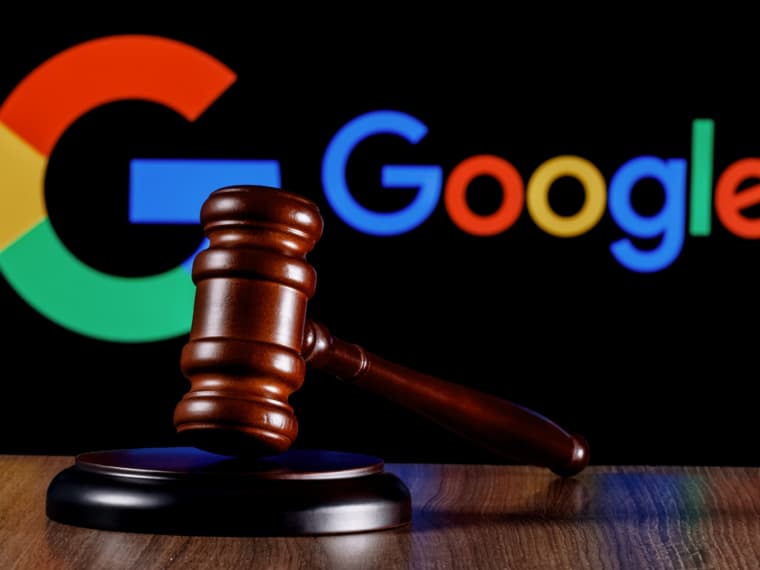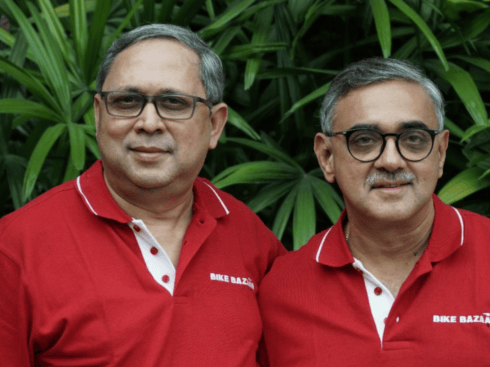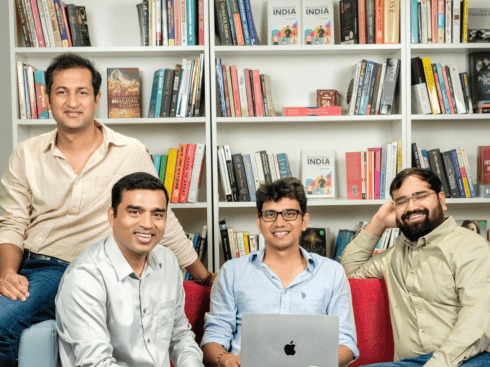
The CCI dismissed a complaint alleging that Google abused its dominant position by favouring Truecaller with exclusive access to users' private contact information
The Commission found that in the matter, there was no prima facie case of contravention of the provisions of Section 4 of the Act against Google
The ruling came in response to a complaint filed by Rachna Khaira, who accused Google of granting exclusive access to Truecaller for sharing private contact information while prohibiting other apps from doing the same
The Competition Commission of India (CCI) has dismissed a complaint against Google India alleging the tech giant abused its dominant position to favour Truecaller by allowing it exclusive access to user’s private contact information.
In a statement, the CCI said, “The Commission finds that no prima facie case of contravention of the provisions of Section 4 of the Act is made out against Google in the instant matter.”
It is pertinent to mention here that Section 4 of the Competition Act, 2002, prohibits large firms from abusing their dominant market position.
The ruling came in response to a complaint filed by Rachna Khaira, who accused Google of granting exclusive access to Truecaller for sharing private contact information while prohibiting other apps from doing the same.
She further alleged that this practice distorted the market and created a monopoly for Truecaller. Khaira contended that Google’s developer policy prohibits unauthorised disclosure of non-public contacts, on the contrary Truecaller’s privacy policy allegedly permitted sharing of such information.
However, Google refuted the allegations saying that its Play Store explicitly prohibits unauthorised disclosure of users’ non-public contacts and that Truecaller’s app adheres to these policies, requiring user authorisation for access to contact information.
The tech giant emphasised that the informant provided no evidence of violations by Truecaller’s Play Store app or any discriminatory treatment against other apps.
Furthermore, Google denied any exclusive commercial arrangements with Truecaller involving data sharing.
“In respect of alleged conduct on part of Google, the Commission found merit in the argument of Google that the Informant, while making allegations against Google for giving preferential treatment to Truecaller and not taking any action for violating its own policies, has relied on a version of Truecaller’s app which is not available on Play Store.
The Informant in her rejoinder has contested these submissions by Google, but has not substantiated the same. Therefore, the allegation of the Informant remains unsubstantiated,” the CCI order said.
The CCI also addressed allegations concerning Google’s commercial relationships, emphasising that mere commercial ties do not necessarily indicate preferential treatment unless substantiated. Despite claims, the regulator found no evidence supporting the assertion that these arrangements provided Truecaller with an unfair competitive edge over its competitors.
Furthermore, the informant’s request for interim relief, seeking to temporarily block Truecaller from the Play Store, was dismissed by the competition watchdog.
The Commission concluded that there was no prima facie evidence of a violation of Section 4 of the Act by Google in this case. Therefore, the Information was ordered to be closed.
This comes at a time when Google is “pausing” its plans to expand and allow new kinds of real-money games (RMG) list on the Play Store in India and globally, citing the absence of a central licensing framework and the complexities in developing an appropriate monetisation model.
It is pertinent to note that Google began onboarding a wider range of RMG apps on the Play Store with pre-existing licensing frameworks in 2021. In January this year, the tech giant announced plans to relax its Play Store policies to allow more types of games in the RMG category to be listed on its app marketplace.
Besides, the tech giant rolled out the mobile app of its GenAI chatbot Gemini in India with new capabilities in English and nine Indian languages earlier this month.































 Ad-lite browsing experience
Ad-lite browsing experience